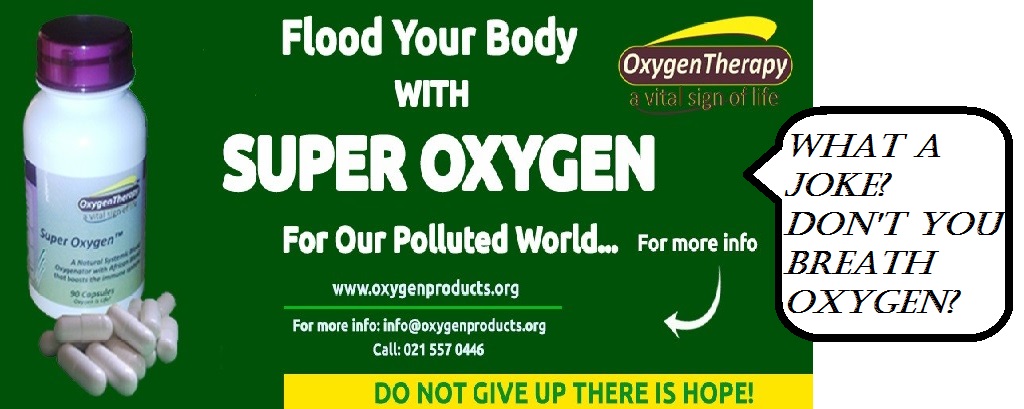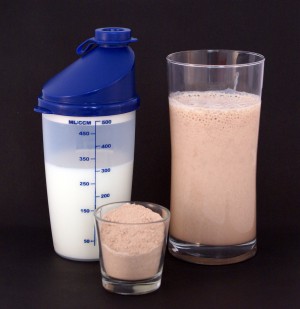To be clear immediately, oxygen pills are pseudo-science. It is evident from first glance that ingesting oxygen does not deliver oxygen to your blood stream. That is what lungs do. This will be an exercise in understanding a useless supplement and will give you tools to sniff out other equally useless supplements.
Oxygen Delivery
The body delivers oxygen through the blood stream. The oxygen gets into the blood stream through the lungs where it transfers from the alveoli to the red blood cells. The red blood cells deliver oxygen everywhere in the body where it is required; which is every living cell.
There is no mechanism in the digestive system to deliver oxygen to the blood stream. There are a lot of operations that the digestive tract performs (digestion, nutrient absorption, excretion) but none of them have to do with delivering oxygen to cells.
To Change Oxygen Capacity-Drugs Required
In a healthy body, oxygen saturation is close to one hundred percent. That means there is very little additional carrying capacity for oxygen by the red blood cells. Even if you were able to add additional oxygen to the respiratory system (which you cannot) without changing any other variables (blood volume, hematocrit, stroke volume, heart rate) it would have a tiny impact on overall performance.
Drugs like EPO, and this drug has the nickname oxygen in a pill, changes blood chemistry to increase hematocrit or the count of red blood cells. It is highly effective and highly illegal. These drugs are for people who are very sick, either with severe anemia on its own or anemia caused by a very serious disease like cancer. Oxygen pills do nothing like this. They claim to deliver oxygen to the body via mysterious means.
It is incredibly risky for a healthy person to take these drugs such as EPO because it can lead to stroke and heart attack. This is because the blood becomes clogged with too many red blood cells, blocking flow to crucial organs. In the late 1990’s and early 2000’s when blood boosting drugs became incredibly popular and their use was still not perfected, many, many young and promising cyclists died from these exact complications.
The Ingredients of Oxygen Pills
The ingredients of oxygen pills are varied and disconnected. Here are four examples of the main ingredients of four different oxygen pills:
- Hydrogen peroxide
- Calcium, sodium, and potassium
- Magnesium peroxide, vitamin C, Cancer Bush and African Potato
- Saltwater
What do these oxygen pills have in common? Not much besides their claim to deliver oxygen to your cells. None of these are completely bad for you, although ingesting hydrogen peroxide is not recommended. The claims that these blends in oxygen pills will deliver oxygen to cells has a very loose basis in science. There is oxygen in some of the chemicals and some can release oxygen in chemical reactions, but not inside the body while releasing the oxygen for cellular use.
The Easy Way to Get Stronger
Oxygen pills are not the easy way to get stronger. They will not help you, even a little bit. But oxygen pills will make your wallet lighter with little return. The easiest way to get stronger (GUARANTEED!) is to train hard, eat well, and get very good at recovery. Stay away from the snake oil claims of miracle supplements and stick to the tried and true path of good training.


